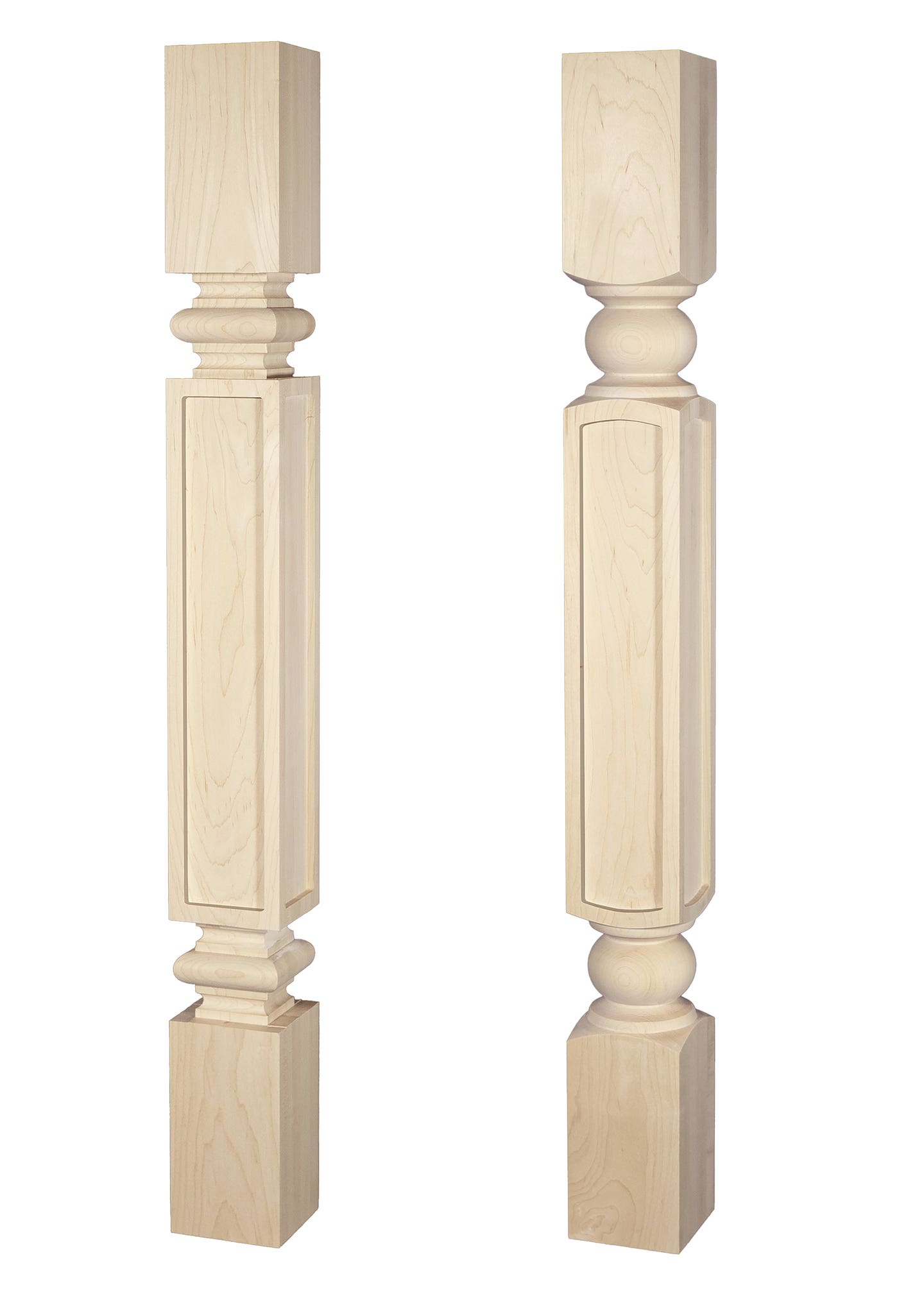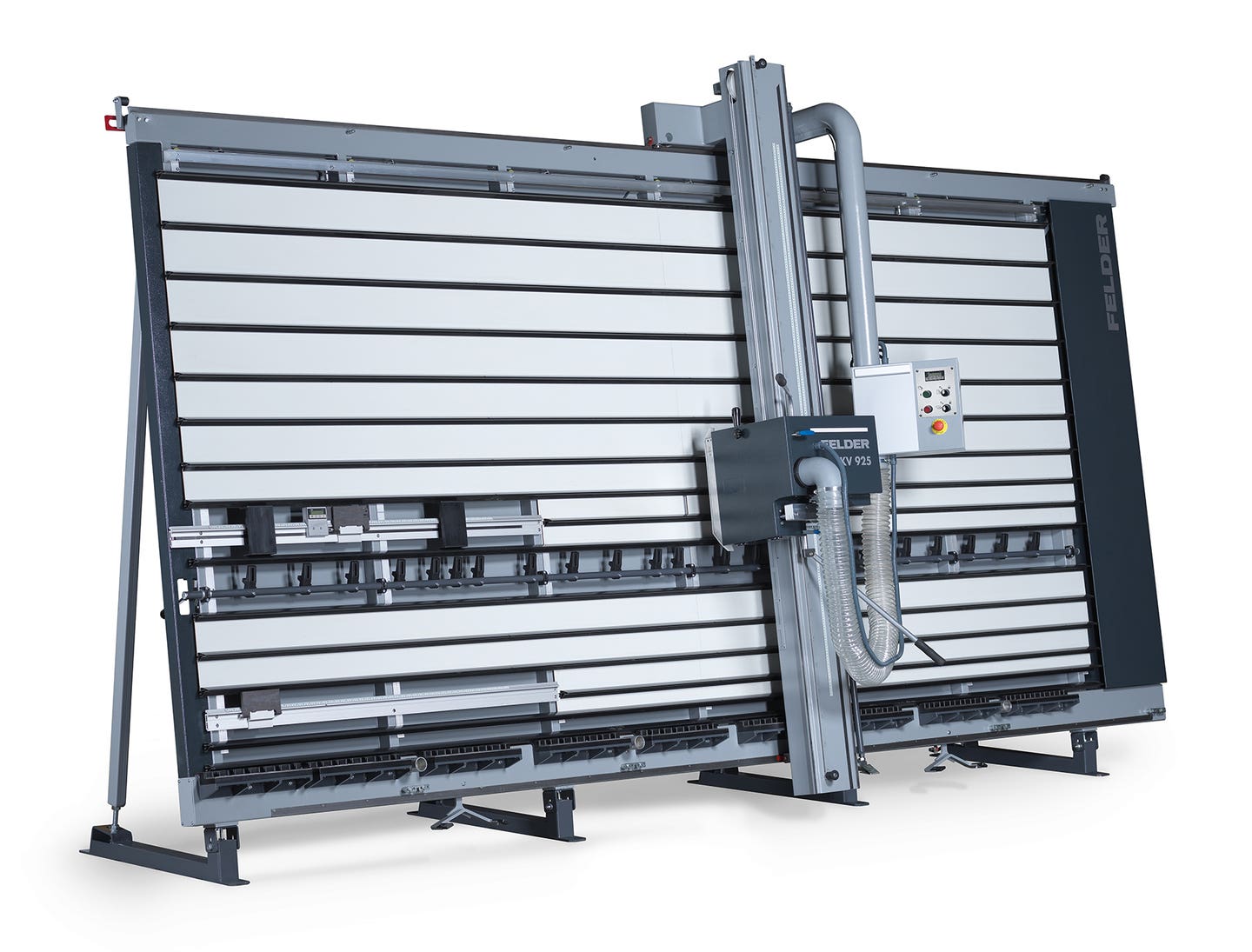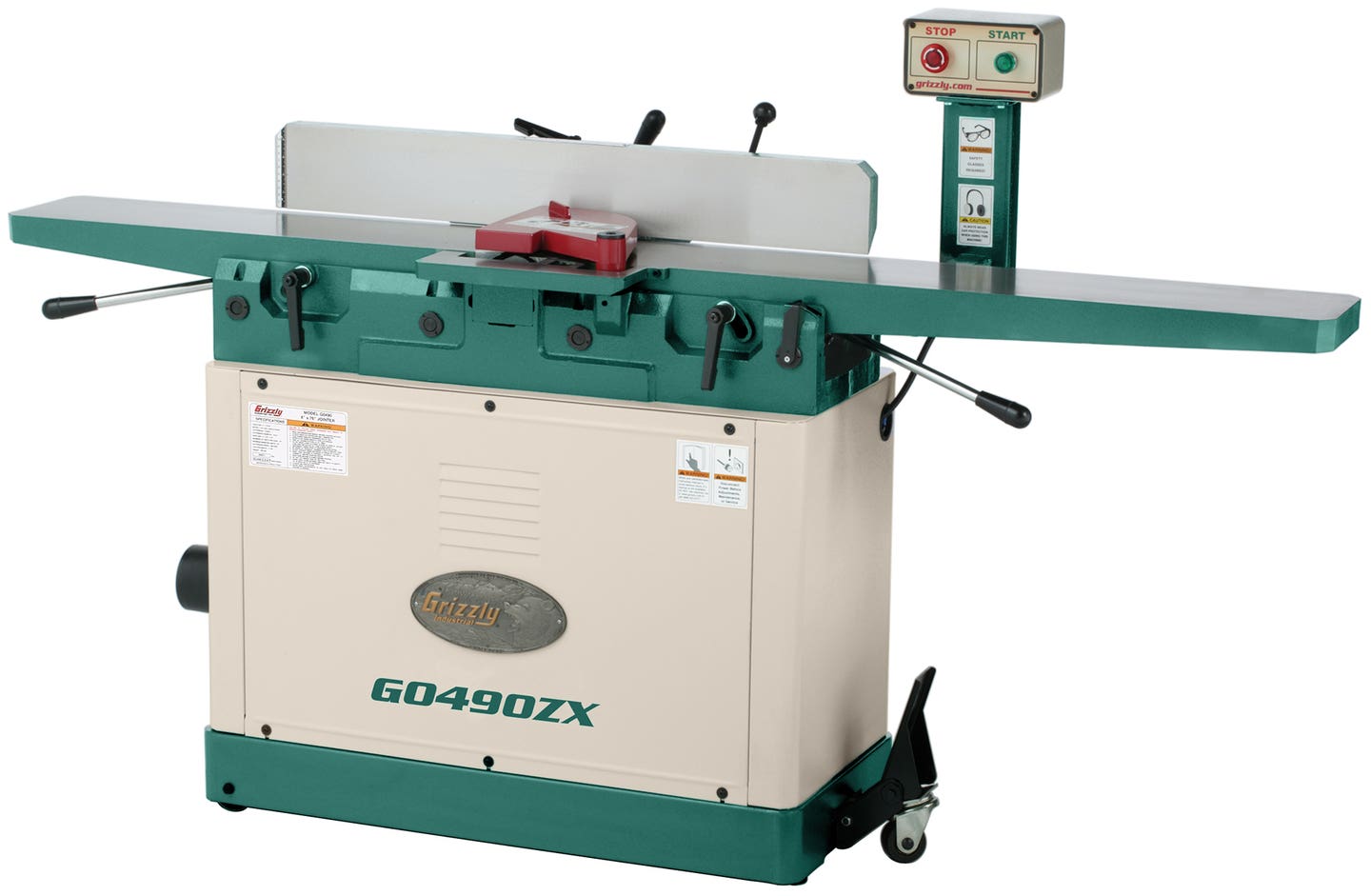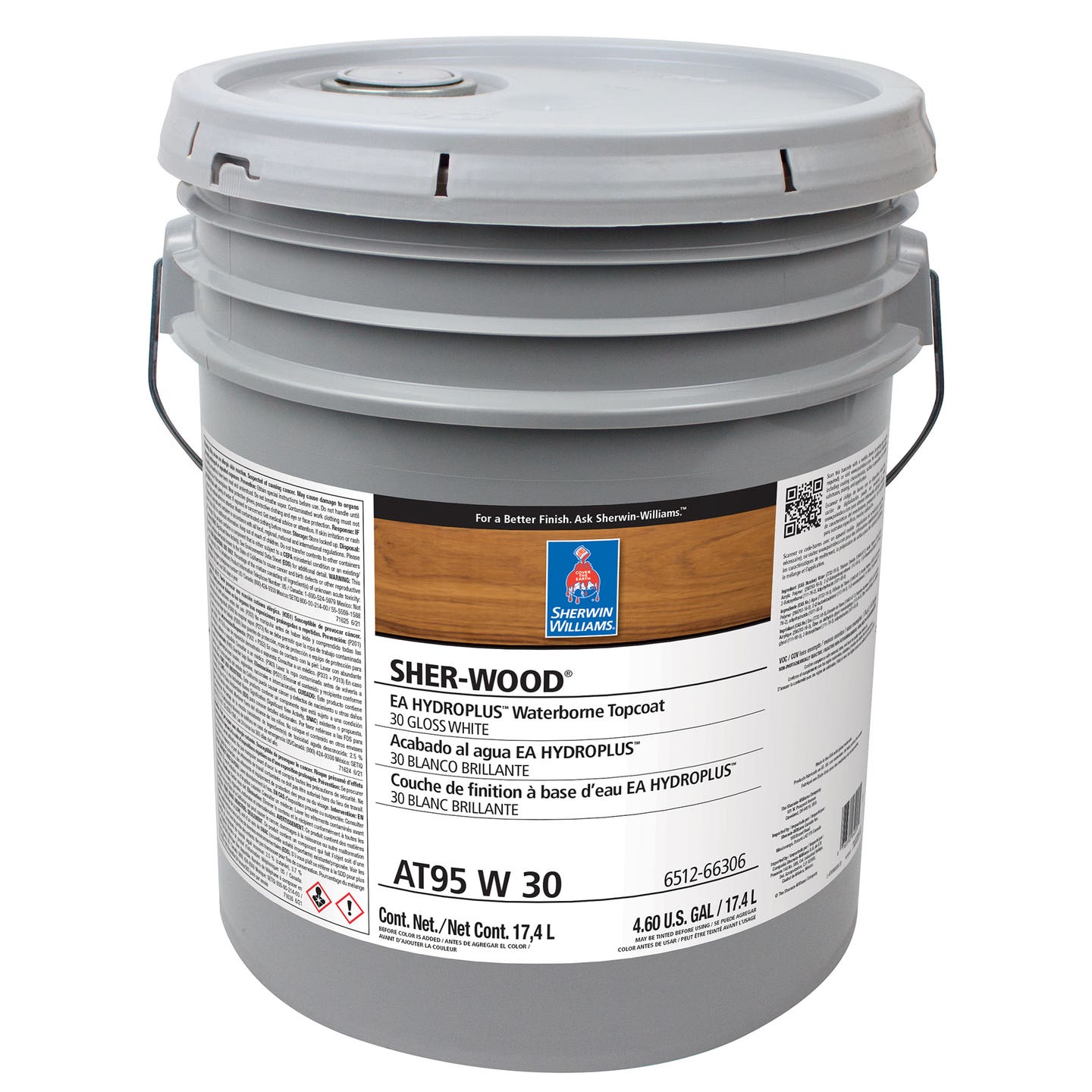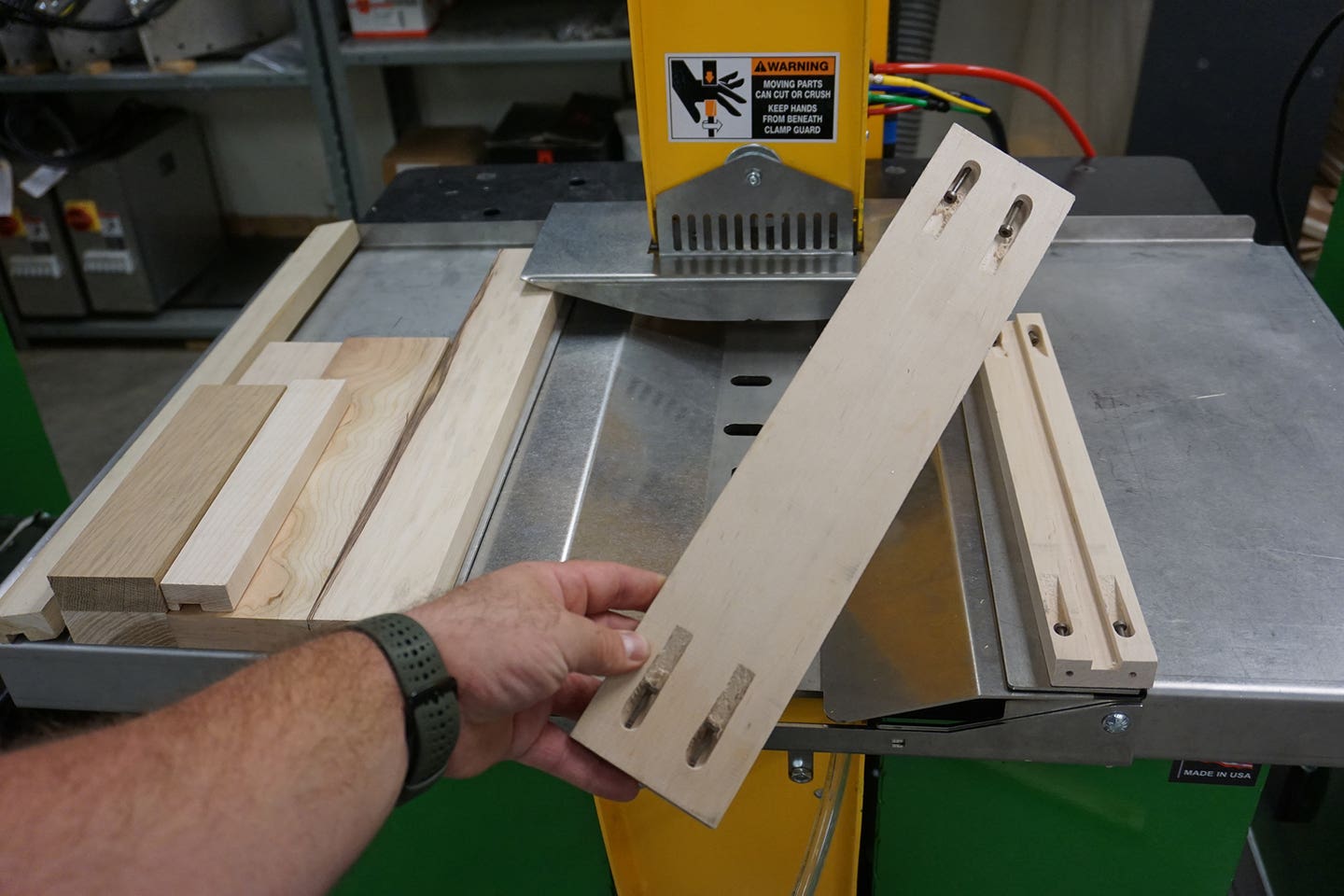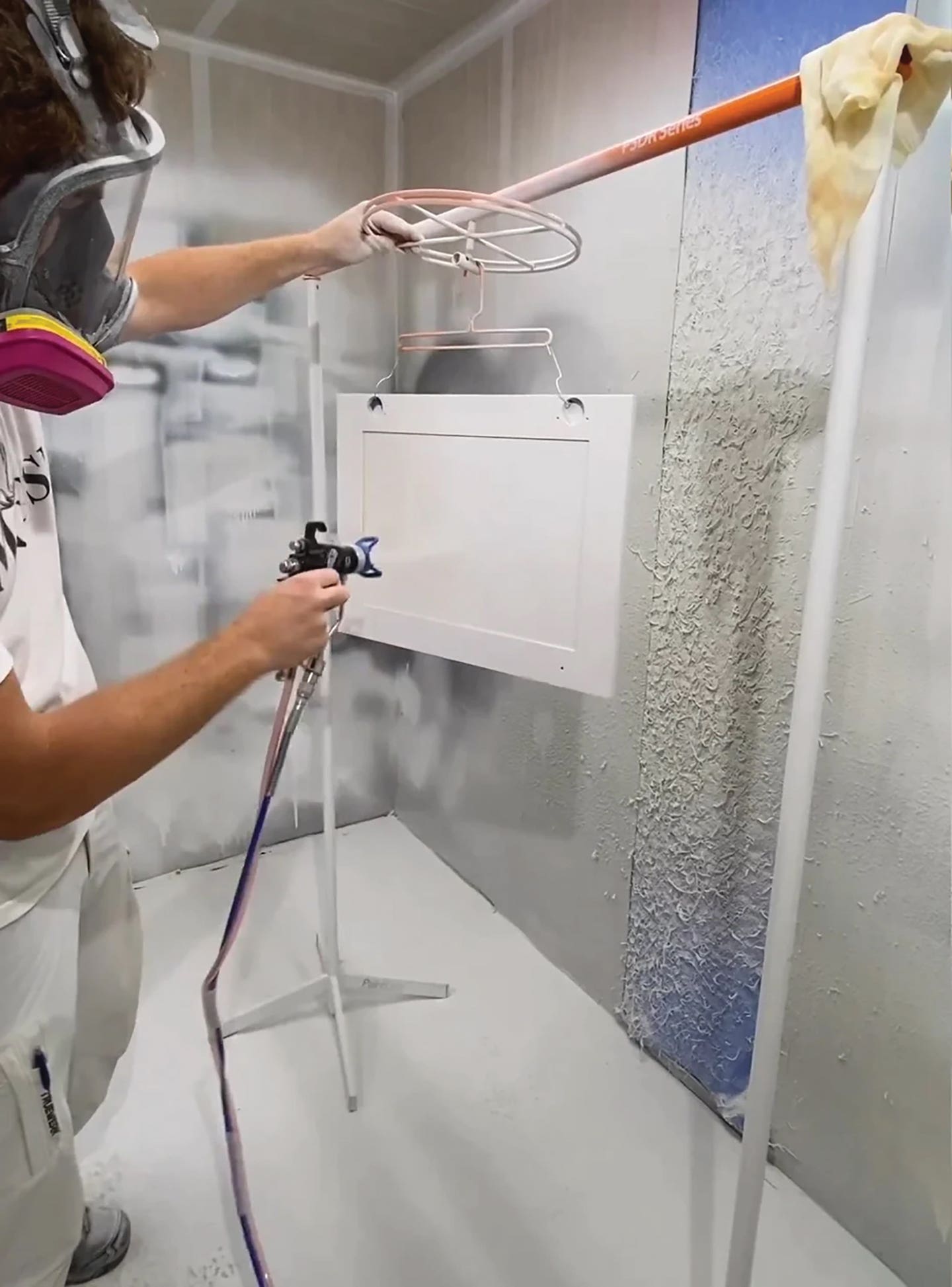Senco adds line of composite fasteners
Senco, a specialty metal fastener manufacturer, expanded its product line in February to include composite staples and nails. The new blade-friendly and rust-free fasteners are designed to coexist with traditional…
Senco, a specialty metal fastener manufacturer, expanded its product line in February to include composite staples and nails. The new blade-friendly and rust-free fasteners are designed to coexist with traditional metal fasteners in the marketplace, serving applications where metal is not ideal.
“This line of composite fasteners, which is really a blend of polymer resin and fiberglass, is designed to complement metal fasteners, not replace them,” product manager Ryan Shuler says.
“They can be used where the fasteners come into contact with things like sanding belts, cutting equipment and router bits. Metal fasteners can really destroy some of these pieces of equipment and materials, which are very expensive to replace. So now work can be sanded, shaped and cut without damaging anything.”
Available in a variety of standard sizes, the new fasteners won’t rust or corrode and are resistant to chemicals, sunlight and moisture. Unlike metal, they do not cause wood deterioration, staining, or long-term degradation of the fasteners holding power, making them useful for lumber processing and outdoor use, according to the company.
Woodworking applications include use in spoiler boards in CNC operations and joining smaller and larger boards for machining. For furniture and millwork, they can eliminate the need to clamp or construct complicated jigs for setup.
Unlike metal fasteners, they permanently fuse with the material they are being driven into when they are sanded down. This eliminates the need to putty, resulting in a seamless appearance when the material is painted or stained, the company says.
Senco product manager Dave Shumate notes that while the plastic fasteners provide for a strong withdrawal value when penetrated into material, they should be viewed as a temporary holding solution when used in structural purposes.
“When you compare plastic to metal, the sheer value is much lower with plastic so there’s no structural integrity to a plastic composite fastener when you look at using them with bigger nails or other applications such as a framing nail. The real reason to have plastic is you can use them where you can’t use metal fasteners. So, as opposed to having to clamp two materials together, this is a product that you can shoot down and, when done, just give it a slight sideward hit and it will break apart,” Shumate says.
Senco composite fasteners are available in standard-sized strips that fit pneumatic nailers specifically designed to drive composite fasteners. Sizes include 18-gauge brad nails, 15-gauge nails and 16- and 20-gauge staples.
For more, visit www.senco.com.
This article originally appeared in the March 2017 issue.


